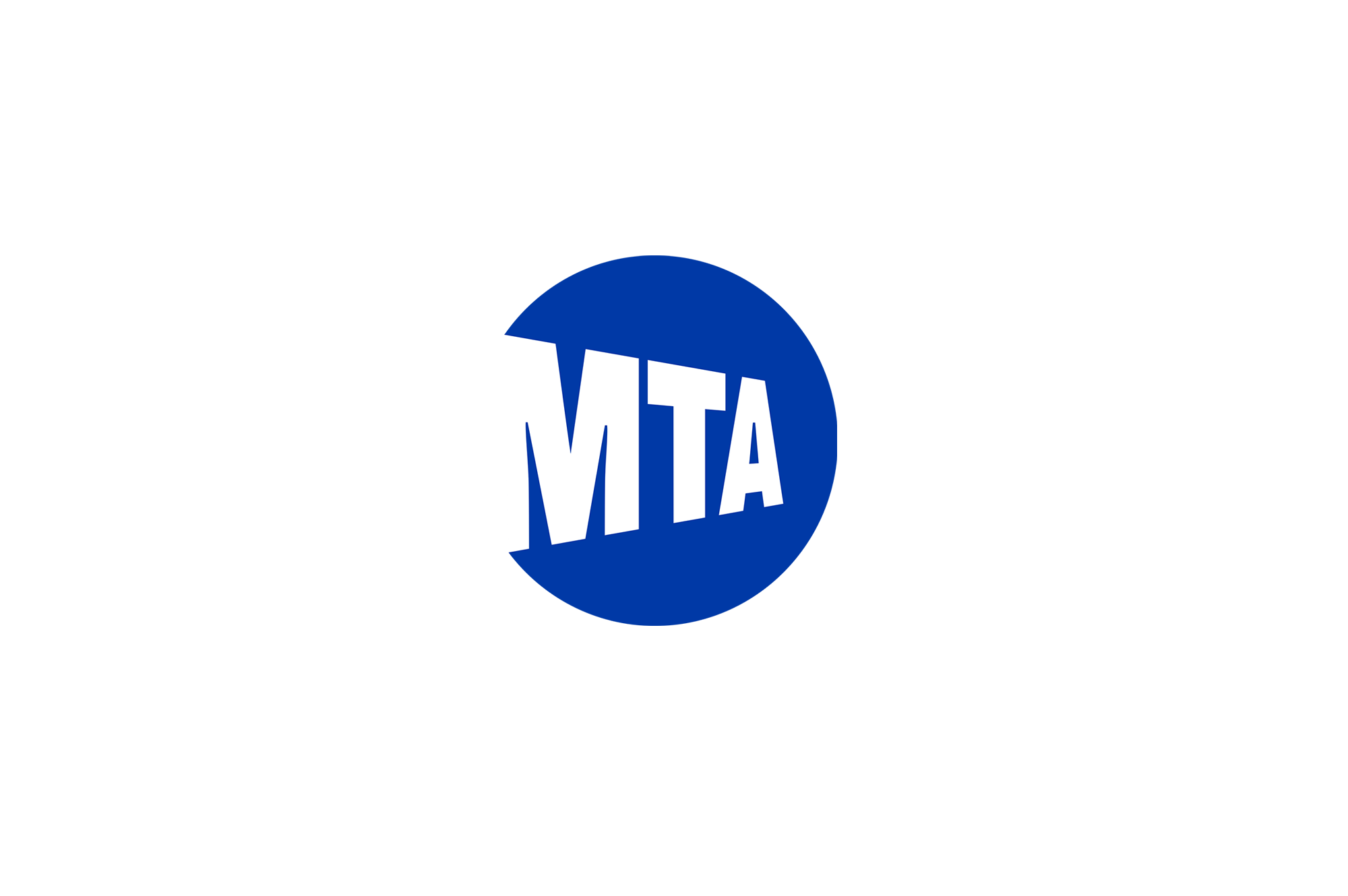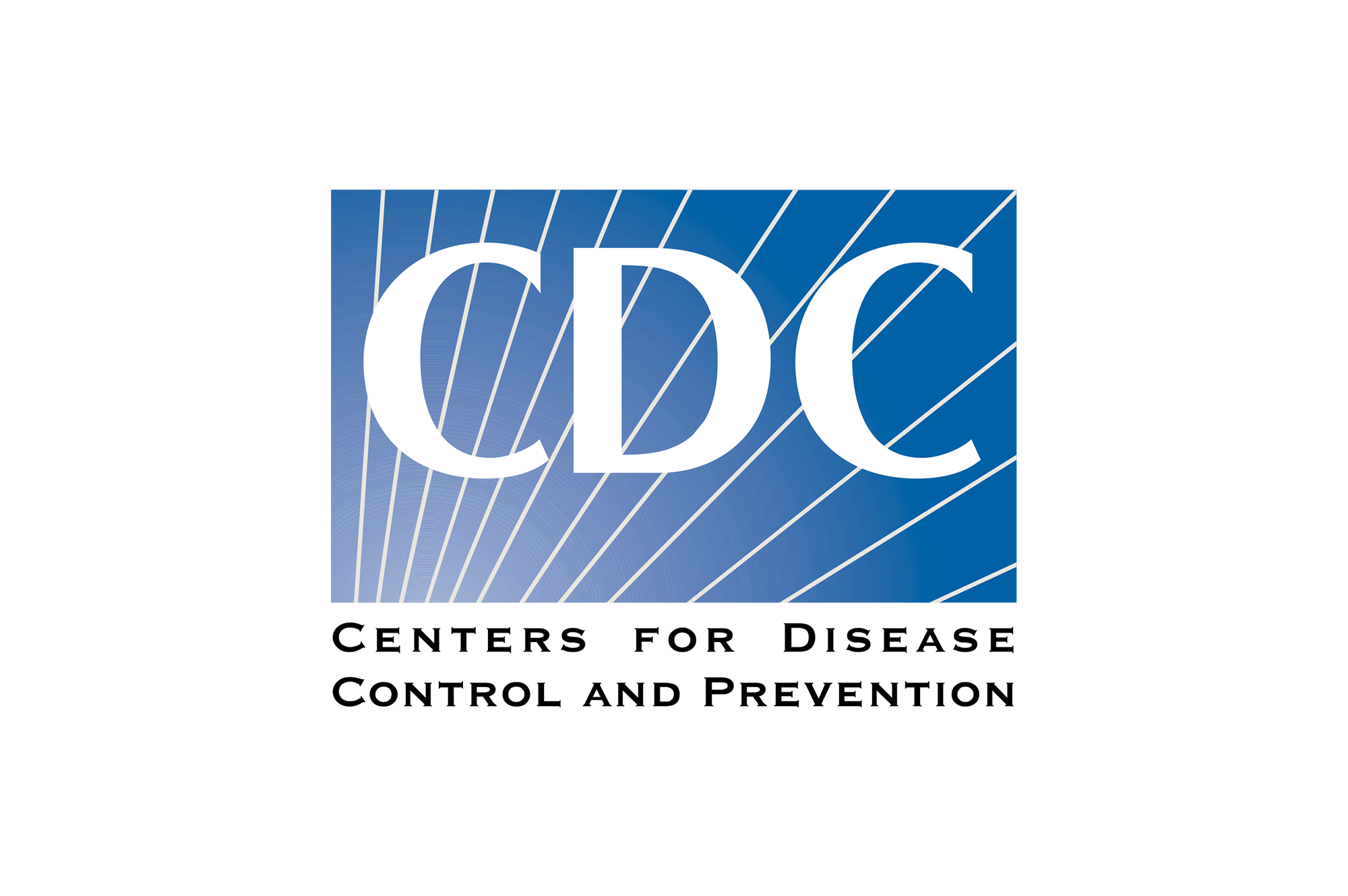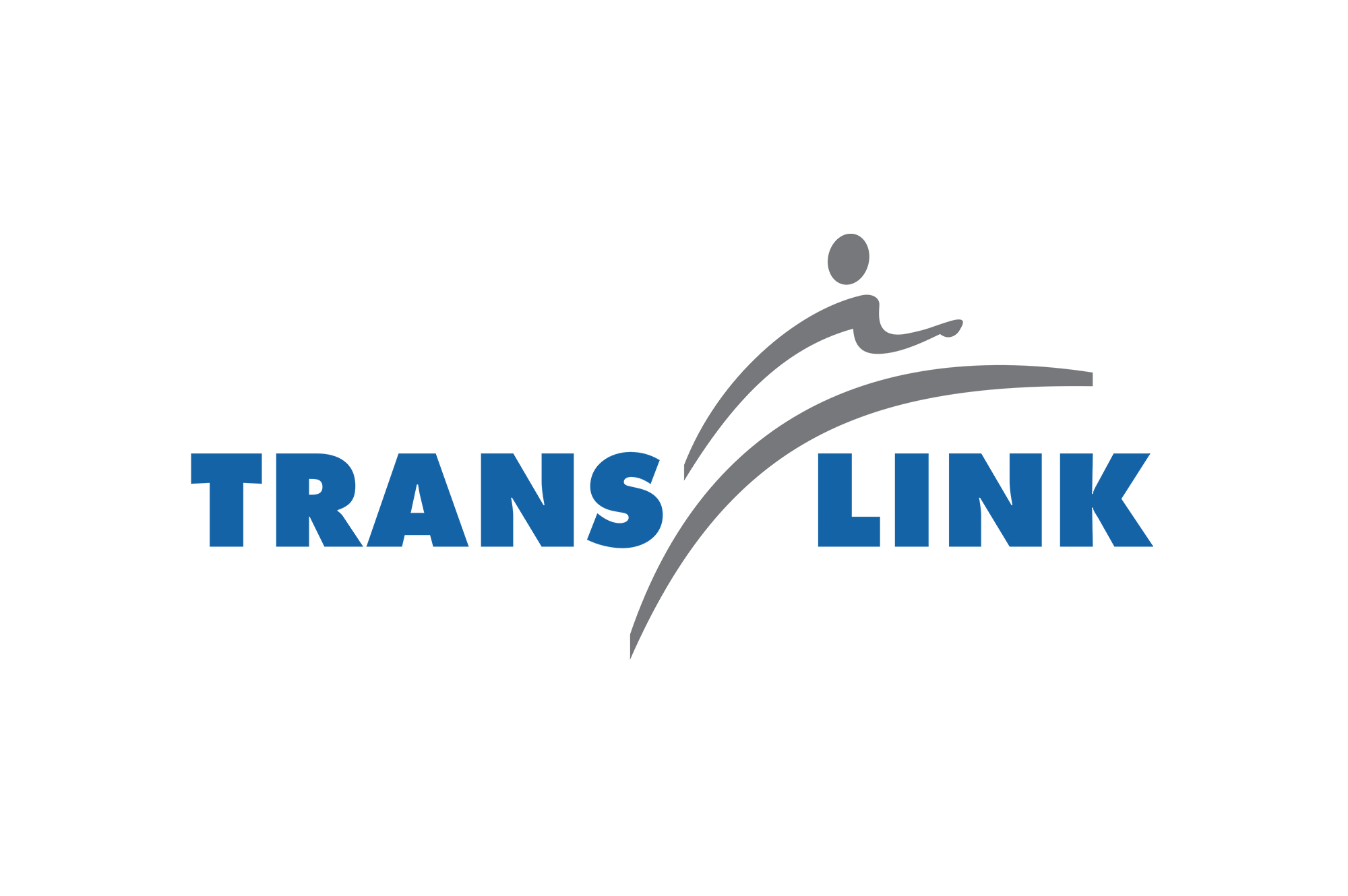
Don’t worry, we’re not going to give you a pop quiz! In the realm of training, the word “evaluation” can mean a few different things. When we hear this word, most of us tend to think of a traditional, closed-book test administered by a teacher or other authority. Others may think of a sequence of events that tests our physical performance in an activity like driving a car or operating a piece of machinery.
In the e-Learning world, when we use the term “evaluation” we’re referring to either:
We’re going to focus on the latter point in today’s blog. After all, what’s the purpose of designing and deploying training if it isn’t effective or isn’t aligned with your corporate objectives? You want the biggest bang for your training dollars, and Xpan wants to help you achieve that.
Again, we must mention the essential training needs assessment phase – this is where you determine your real training need, and your current and desired state of affairs. Evaluation seeks to answer whether or not the gap between your current and desired state of affairs has been adequately filled, or whether additional training or separate control measures are required. The information from your needs analysis ends up flowing directly into your evaluation phase.
Xpan’s Senior Instructional Designer, David Welichka, recommends that evaluation occur at multiple stages post-release of your training program. For example:
Note that most of the values above are measurable, or quantitative. If we can’t measure it, is it fair to say that the training is working just because learners are completing the course? Are skills or behaviors on the job changing, or is the status quo simply being maintained?
If we review the data and find that a course is being abandoned, that certain sections have high requests for support or clarification, or that certain exam questions are being answered incorrectly on a regular basis, we look at our instructional design and subject matter to rectify the problem and modify the course content or technical architecture.
If we review the data and find that business objectives are not being met, we look to our needs assessment, our learning objectives, our timeline for evaluation, and attempt to connect lines to any additional content or concepts required, any non-training reasons (i.e. ergonomics, compensation, complacency, procedures, leadership skills, etc.) that may be contributing to the less than satisfactory results.
It is important to note that over time, most training programs will require updating, both content-wise and technology-wise. While we always try to develop on the leading edge of technology, your processes, information, content or the links/resources in your training program should be revisited regularly to ensure they remain relevant. Don’t worry, we can help you keep your training investment fresh.
We develop digital knowledge solutions. Our team makes heroes of learning and development professionals. We improve workspace experience (and lives) across the globe, with better learning.




















